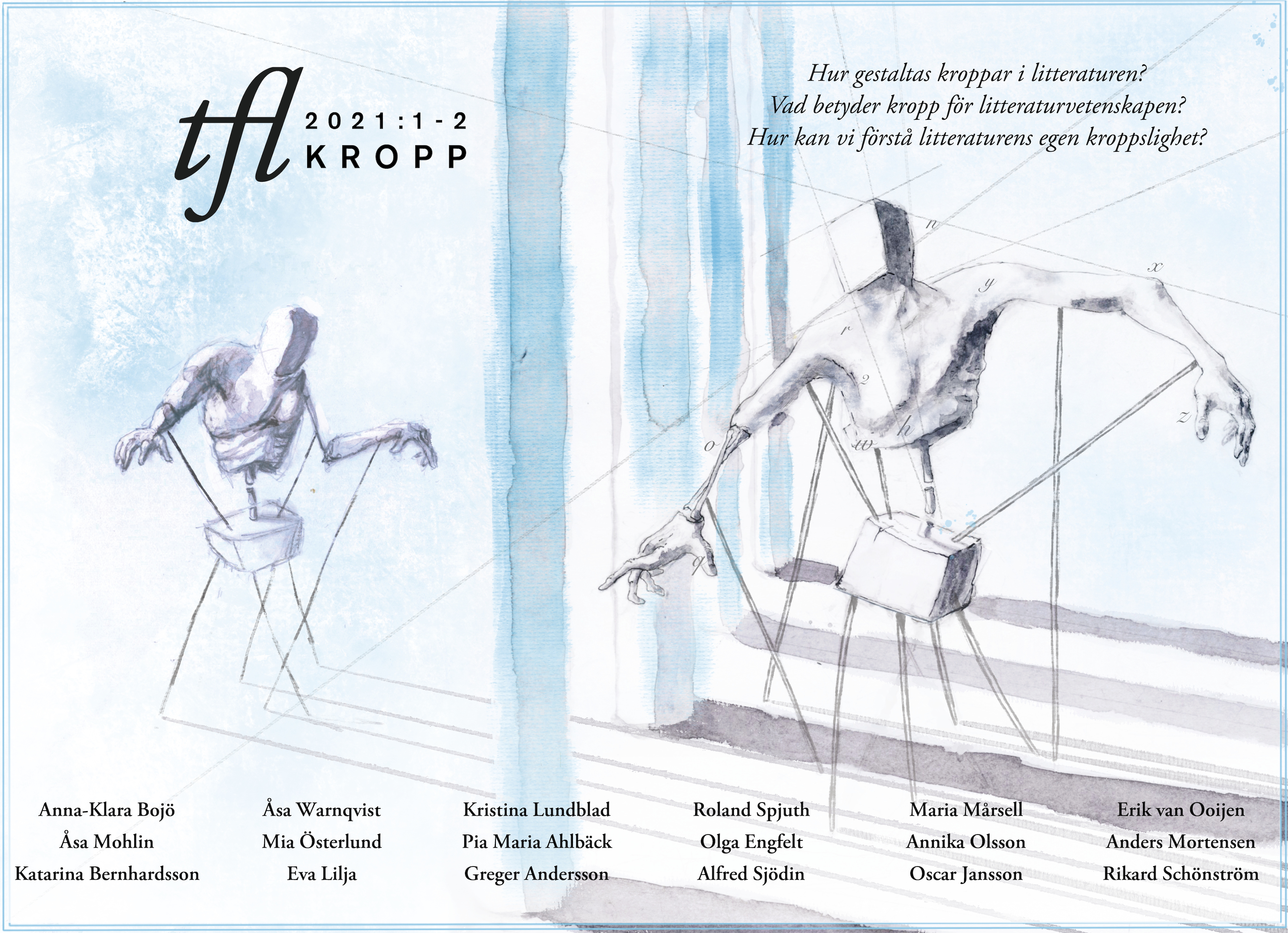Kroppen som konfliktzon
Den bibliska traditionen
DOI:
https://doi.org/10.54797/tfl.v51i1-2.1732Nyckelord:
The Bible, St Augustine, the bodyAbstract
The Biblical heritage: The body as a conflict zone
In the article we discuss the ambiguous view of the body in Christian tradition, focusing on the biblical texts and St. Augustine’s Confessions. We suggest that there is a tension in the view of humans in these texts, which by time evolves into a two- or three-part division of man into spirit, soul, and body. As a result, the body or ‘flesh’ has often been regarded as a constraint or burden that prevents people from living the life they were meant to live. We argue, however, that the view of the body in the Bible and in Christian tradition is not unequivocal. The body can appear as a place for temptation and suffering, but it is also God’s creation, the place where the earthly and the divine meet. This results in a fragile and unstable position for the body, which also applies to the two other bodies we discuss in the article: the biblical texts and the Christian church. We also suggest that the conflict depicted in the texts is not primarily between the spiritual and the material. The conflict is rather ethical, social, and eschatological. People are thus supposed to respond to God’s acts by forming a new way of living their life in the body.
Nedladdningar
Publicerad
Referera så här
Nummer
Sektion
Licens
Copyright (c) 2021 Greger Andersson, Roland Spjuth

Det här verket är licensierat under en Creative Commons Erkännande 4.0 Internationell-licens.
Författaren/författarna behåller copyright till verket






